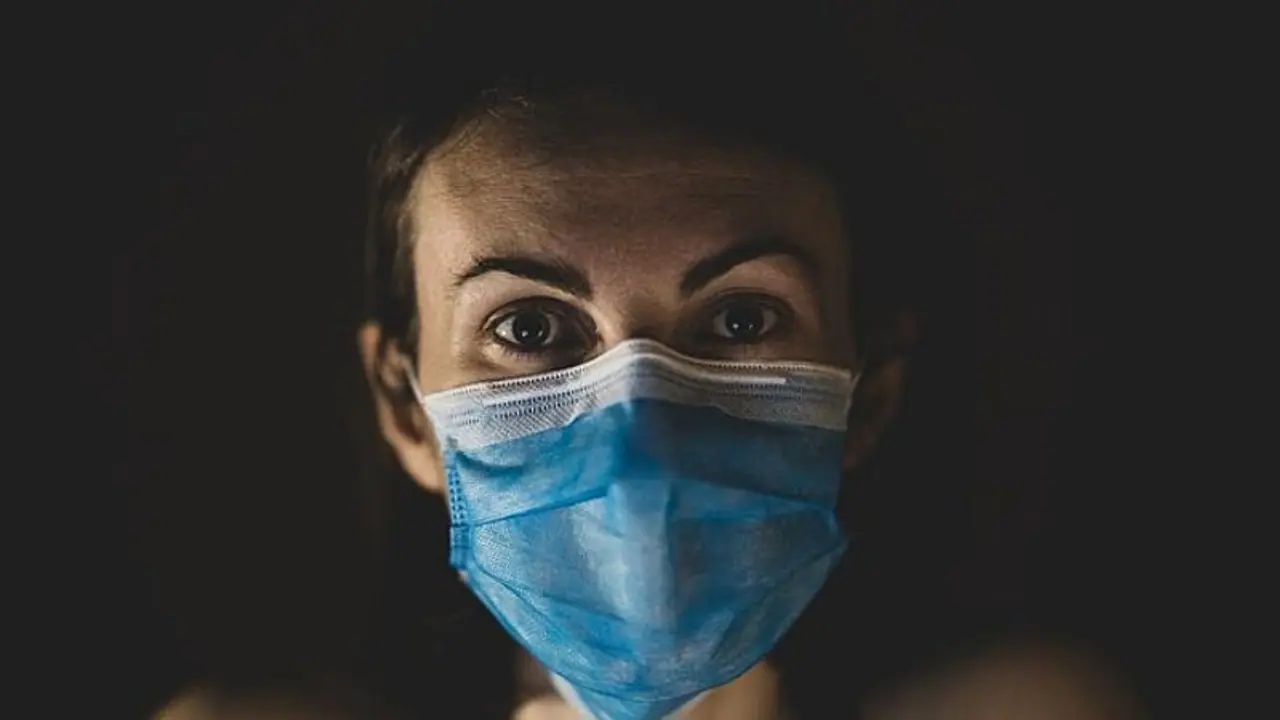"Bengaluru is showing an uptick in numbers in recent days. It is not a good thing for us and it is something we need to be aware of if we do not want to go back to April and May," MoS Rajeev Chandrasekhar said.
The second wave of Coronavirus took all of us by surprise with the ferocity and veracity of the wave and we must be careful to ensure we do not have a third wave, said Union Minister of State for Electronics & Information Technology and Skill Development Rajeev Chandrasekhar while taking part in a webinar organised by the Bengaluru-based Namma Bengaluru Foundation.

In his remarks during the webinar, MoS Chandrasekhar said, "As we reach a very critical stage in our national fight against Covid-19 and amid Bengaluru's efforts at prevailing over this very unprecedented global pandemic it may be a good idea for us to look back at this journey of the last 18-19 months that we have travelled as a country, as a city, as people and take stock of where we are and be aware that the third wave is a real threat."
"One of the biggest learnings from the past is that we do not want that to happen again. It took a tremendous amount of toll on us. Bengaluru is showing an uptick in numbers in recent days. It is not a good thing for us and it is something we need to be aware of if we do not want to go back to April and May," he said.
Asserting that the country was in a much better situation with over 500 million people vaccinated, the Minister underscored the need for people's "behaviour must move to a new normal".
"So, behaving differently is the new normal. It is our duty as individuals to maintain a certain new normal as to how we live. The second wave took all of us by surprise with the ferocity and we must be careful to ensure we do not have a third wave," MoS Chandrasekhar said.
He also reiterated on masking up, getting vaccinated, taking the second dose, getting the community vaccinated, maintaining social distancing in public space for the conceivable next few months is very important.
The key to stopping the spread
Taking part in the webinar, Dr Vishal Rao, dean of HCG hospital in Bengaluru, referred to the pandemic to as World War C.
"Let us not forget the second wave and put the healthcare system under pressure again as we all know that the system will collapse if we are not cautious and prevent the third wave," Dr Rao said.
He also pointed out that there are 25000 odd mutations of this virus and 8572 new strains.
"The virus does not have hands and legs. It is people who are moving the virus. The hospitals are created for a small portion of the population and not the entire population and we cannot suddenly come out and ask for beds for the entire population. The citizens must maintain Covid-appropriate behaviour in public life. No government in the world can cater to a full population to be admitted at once with any healthcare system," he said.
"The key to stopping the spread would be to mask up and get vaccinated. Do not use closed spaces, and maintain social distance," he said.
Cautioning that this was not the time for social and entertainment activities, Dr Rao enumerated the Singapore model in which he said they have a circuit breaker model in three ways -- Safe reopening, Safe transitioning, and Safe state.
'People must not lower their guard'
Dr Vivek Padegal, director of pulmonology at Fortis Hospital in Bengaluru also attended the webinar during which he recalled the traumatic experience of having to tell friends and family that they have no beds.
He suggested that people must act responsibly and not forget the loss of near and dear ones.
He reiterated that vaccination is the most important step to stay safe from the virus.
In his closing remarks, Dr Padegal said that testing is crucial.
"If you have any symptoms, get yourself tested. If you are positive and have symptoms but have not isolated yourself, you are going to pass on the virus to others who would be asymptomatic and then the spread happens exponentially. If you are positive, get isolated and take treatment immediately," he said.
"During the second wave of the pandemic, it was tragic to find not just old people but 30-40-50-year-olds in the hospital and some losing their lives to the pandemic. People are forgetting all that and week after week there seems to be a spike happening. People have lowered their guard which should not be the case. Masking, vaccination, maintaining social distance and testing when symptomatic is key to stop the spread of the virus."
